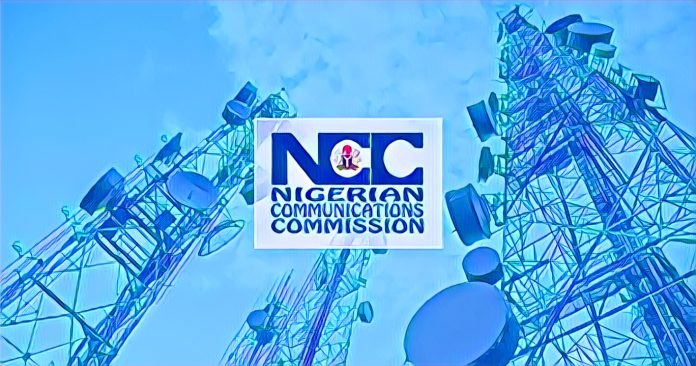Telecom operators in Nigeria are warning that they may soon have to reduce service availability due to skyrocketing costs. These companies say they can no longer afford to keep all their facilities running smoothly, which could lead to spotty service for many users. The situation has grown so dire that some operators are threatening to limit services in certain areas to cope with their financial struggles.
At the heart of the issue is the immense cost of keeping telecom services up and running. Engr. Gbenga Adebayo, Chairman of the umbrella body representing the telecom companies, recently spoke at an event titled “Telecom Industry 2.0: The Next Investment Frontier in Nigeria.” He explained that the country’s economic troubles have made it increasingly difficult for telecom companies to operate at full capacity.
Adebayo pointed out that the telecom sector is a victim of its own success. Despite being a crucial part of Nigeria’s economy, the industry is burdened with high operating costs, including the massive expense of powering their facilities. When telecom companies first agreed to provide services in Nigeria back in 2001, the government promised to supply 18 hours of power each day. However, that promise has never been fully met, leaving telecom companies to bear the cost of running their operations on expensive generators.
Beyond power costs, telecom operators also face challenges like multiple taxes from various government agencies and high rental fees for land where their facilities are located. These burdens, according to Adebayo, are pushing the industry to a breaking point, where they might only be able to maintain services in some areas while others experience disruptions.
Adding to the concerns, MTN Nigeria’s CEO, Carl Toriola, echoed Adebayo’s warnings. Toriola, speaking via Zoom, highlighted that the telecom sector is now in a critical state. He argued that a price increase for telecom services is not just a possibility—it’s a necessity. Without higher prices, the industry might collapse, as current financial returns are too low to sustain operations and attract new investments. Toriola made it clear that no investor would be willing to put money into a sector where returns are diminishing due to rising costs and inflation.
However, the telecom companies’ push for price hikes has not gone unchallenged. The Nigerian Communications Commission (NCC), the regulatory body overseeing the industry, quickly responded to these threats. An unnamed source within the NCC accused the telecom operators of using scare tactics to force the commission into approving higher tariffs. The source emphasized that the tough economic environment affects everyone, not just the telecom industry. The NCC remains firm, stating that it will not be manipulated into approving price hikes through what it sees as empty threats.
The National Association of Telecom Subscribers of Nigeria (NATCOMS), which represents the interests of telecom users, also weighed in on the issue. NATCOMS President Chief Deolu Ogubanjo warned that if the telecom sector collapses, it could have a domino effect on other critical sectors like banking, education, and healthcare, all of which rely heavily on telecom services. He urged the NCC to act quickly, allowing telecom companies to adjust their prices in line with rising costs to prevent service outages that could disrupt daily life for millions of Nigerians.
In response to these concerns, the Association of Telecom Operators in Nigeria (ALTON) has called for a more flexible pricing model. ALTON Chairman, Engr. Adebayo argued that the current pricing structure is outdated and does not reflect the real costs of operating in today’s challenging environment. He pointed out that other sectors, such as electricity and television services, have the flexibility to adjust prices as needed. Adebayo suggested that the NCC should regularly review operational costs and allow telecom companies to set prices that reflect these realities.
Despite the pressure from telecom operators, the NCC remains unconvinced that current prices are unsustainable. The commission insists that any changes to pricing must be based on careful studies and consultations to ensure that they are fair to both consumers and the industry.
The discussion about telecom pricing in Nigeria brings attention to the broader challenges that the industry is facing. With the continually increasing operating costs, it has become more urgent to establish a sustainable pricing model. Stakeholders argue that without such a model, the telecom sector could struggle to maintain the expected service quality for Nigerians. As Nigeria moves towards more advanced technologies like 5G, ensuring the financial stability of the telecom industry will be crucial for supporting Nigeria’s digital future.



